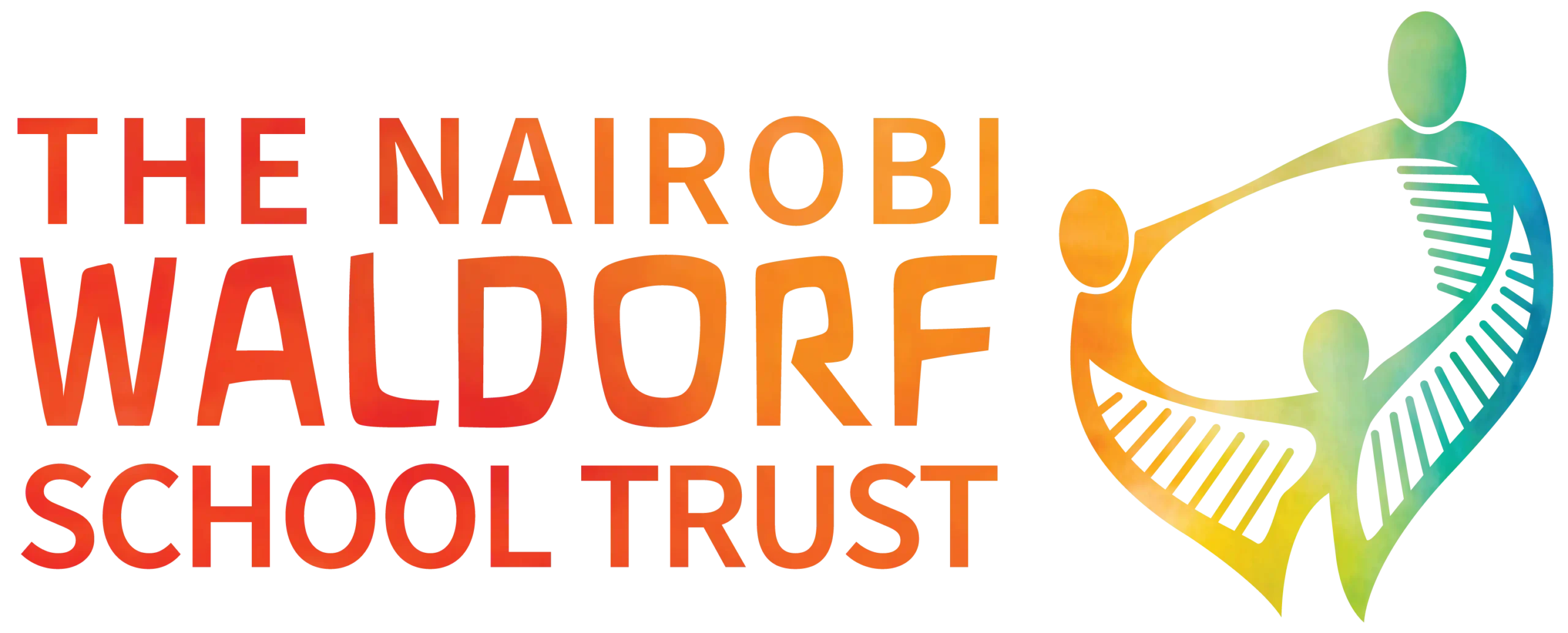Grade 6
Children begin a new phase of development between their tenth and twelfth years. By the age of 12, their harmonious physical proportions typical of the middle period of childhood have usually been lost. The limbs begin to predominate and the muscular system becomes increasingly important. Psychologically, there is a critical attitude and the children’s newly won capacity to think must now be taken into account. The intellectuality now preparing to claim its right to be heard must be pointed in the appropriate direction by the teacher and other adults. The students’ questioning and searching attitude should be directed increasingly toward nature and its laws. They want to find out about laws that exist independently of humanity and remain valid despite this. It is important, however, that a strong personal and subjective element is retained, with the children knowing that those who are doing the searching and discovering are still human beings and not some incomprehensible instruments.
Core Subjects
English
Students refine their reading, writing, and speaking skills through literature, creative writing, and grammar. Classic tales, myths, and historical narratives inspire students to explore themes of morality, courage, and human ingenuity. They engage in poetry analysis, essay writing, and dramatic presentations, building both confidence and expression.
French
The French curriculum immerses students in the language through conversational practice, vocabulary building, and cultural exploration. Students learn foundational grammar, engage in simple dialogues, and enjoy songs and stories that introduce them to French culture.
Swahili
Swahili lessons focus on enhancing language fluency, incorporating storytelling, grammar exercises, and vocabulary expansion. Emphasis is placed on cultural context, enabling students to connect with the rich heritage of East Africa.
Exploring the Sciences
Geology
Grade 6 students delve into the fascinating world of geology, exploring the Earth’s layers, types of rocks, and the processes that shape our planet. Hands-on activities, such as rock identification and model-making, encourage practical understanding.
Zoology
The animal kingdom comes alive as students study mammals, their characteristics, habitats, and adaptations. Lessons highlight the interconnectedness of life, fostering appreciation and respect for the natural world.
Creative and Practical Arts
Handwork
Students create intricate projects like embroidery or knitting that challenge their fine motor skills and creativity. These activities also teach patience, perseverance, and attention to detail.
Black and White Drawing
Through black-and-white drawing, students explore form, contrast, and shading techniques. These artistic skills are integrated into other subjects, such as illustrating scientific observations or historical events.
Music
Music education includes singing, learning instruments, and understanding musical notation. Students may participate in ensemble performances, developing harmony and teamwork.
Physical Development
Games and Swimming
Physical education fosters teamwork, coordination, and physical fitness. Games encourage strategic thinking and sportsmanship, while swimming lessons build confidence and endurance in the water.
Understanding the Past and Present
History
History lessons take students on a journey through ancient civilizations, focusing on the Roman Empire and its impact on modern society. Students explore themes of governance, innovation, and societal change, enriching their understanding of human history.
